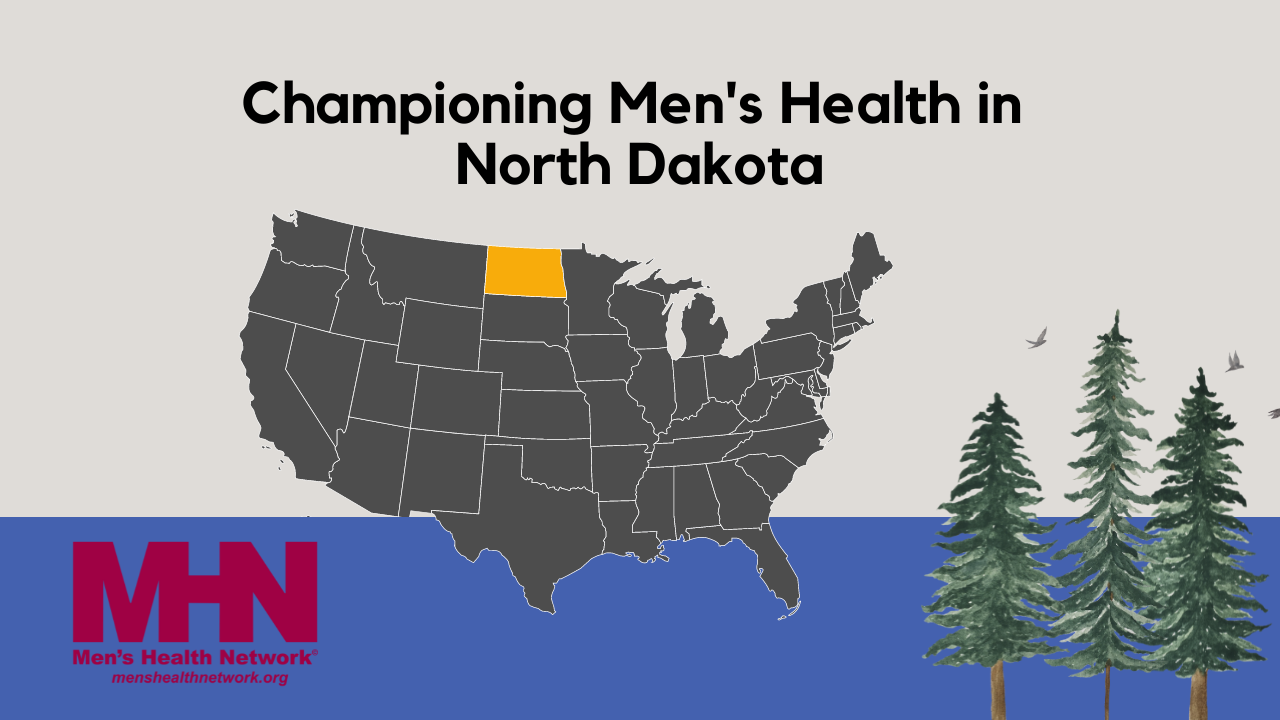Breast cancer is not just a woman’s disease. Men can get breast cancer too. The disease is much less common in men than it is in women. Older men are most likely to develop breast cancer. However, men of any age can get the disease. If a man is diagnosed with breast cancer early, the likelihood of being cured from it is high. Unfortunately, because many men avoid going to a doctor for minimal symptoms, many breast cancers among men are not diagnosed until the cancer is in a more advanced stage.
Key statistics for male breast cancer:
 It is estimated that for 2015 in the United States, there will be about 2,350 new cases of breast cancer diagnosed in men, and about 440 men will die from breast cancer.
It is estimated that for 2015 in the United States, there will be about 2,350 new cases of breast cancer diagnosed in men, and about 440 men will die from breast cancer.- Breast cancer is about 100 times less common among men than among women.
- The lifetime risk of a man getting breast cancer is about 1 in 1,000.
- Less than 1 percent of all breast cancers develop in males.
- The average age at diagnosis is between 60 and 70 years, though men of all ages can be affected with the disease.
Signs and symptoms of male breast cancer may include a painless lump or thickening in the breast tissue, changes to the skin covering the breast, such as dimpling, puckering, redness or scaling, changes to the nipple, such as redness or scaling, or a nipple that begins to turn inward, or discharge from the nipple.
Risk factors for male breast cancer:
- The risk for male breast cancer increases with age. The average age of diagnosis for male breast cancer is about 68 years old.
- Family history. Men have a higher risk of breast cancer if they have a family member who has had breast cancer. About 1 in 5 men with breast cancer have a male or female relative with the disease.
- Being overweight or obese. Fat cells convert androgens into estrogen. A higher number of fat cells in your body may result in increased estrogen and higher risk of breast cancer.
- Testicular problems (i.e. undescended testicle, having one or both testicles removed)
- Inherited gene mutation. Men with the BRCA2 gene have an increased risk of breast cancer, with a lifetime risk of about 6 in 100. BRCA1 mutations can also cause breast cancer in men, but the risk is lower, about 1 in 100.
- Liver disease (i.e. cirrhosis of the liver can decrease male hormones and increase female hormones, increasing your risk of breast cancer)
- Exposure to radiation
- Hormone treatment (estrogen)
- Heavy alcohol consumption
- Klinefelter syndrome – a genetic syndrome that occurs when a boy is born with more than one X chromosome. Causes abnormal development of the testicles and results in lower levels of certain male hormones (androgens) and more female hormones (estrogens).


